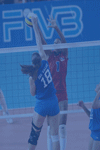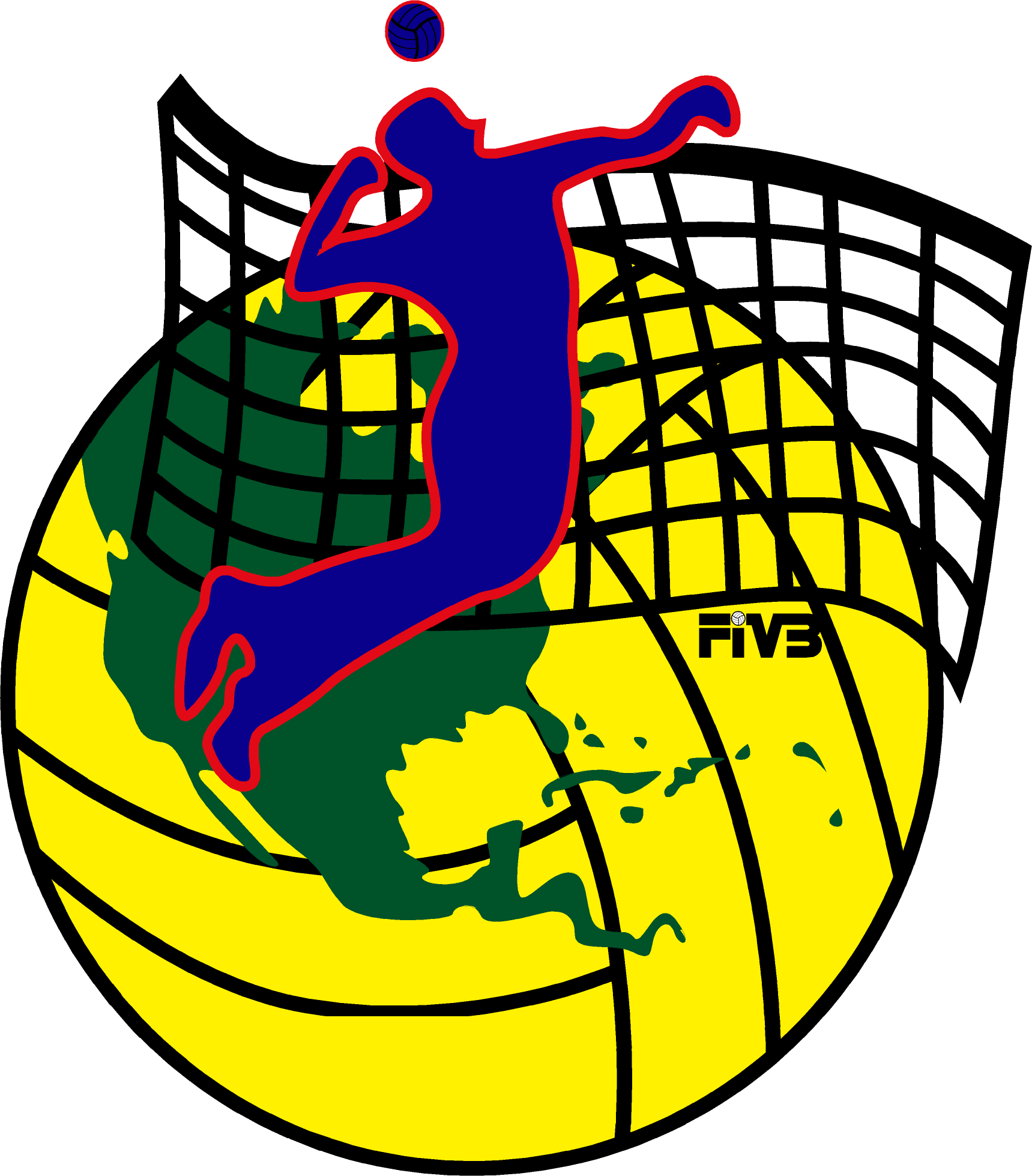|
SAN JUAN, Puerto Rico, February 10,
2005.-
Two of the four arms that blocked for
the final Dominican Republic point, in
the match for the gold medal in Santo
Domingo 2003 against Cuba, were those of
Annerys Vargas, the imported player of
Bayamon Cowgirls.
The other two were those of Cosiris
Rodriguez, who played for the Guaynabo
Conquerors in the decade of the 90’s.
Thousand of other victorious arms in the
stand embraced the Dominican Selection
which became in that moment heroes of
the country along with the also gold
medallist in Santo Domingo 2003, Felix
Sanchez.
Thanks to victories as that one, the
volleyball players of the Dominican
Republic have gained popularity in a
country dominated by baseball an lately
by Sanchez, who as the volley players,
are of Olympic and world level.
“I think that behind the baseball
players and Felix Sanchez, is the
volleyball team. Now the Dominican
people can trust that we are going to be
there,” said Vargas. In Puerto Rico, the
Dominican players left a great
impression when the Mirador Team came to
integrate to the schedule of the
Superior League and left unbeaten. That
was in the second half of the 90’s.
Then, Evelyn Carreras, who plays in the
tournament as native, came to play for
the Chicas de San Juan. Now she is doing
it with the Ponce Lions. She always had
left a good impression.
Vargas is the second Dominican player
who comes to play in Puerto Rico and
said she has noted her popularity among
the big Dominican community of Puerto
Rico. ”Yes, they recognize me. They are
always giving me support even that I
know they have a lot of things to do,”
said Vargas, of 6-3 height and who is
easily recognizable as volleyball player
due her physic.
Meanwhile Carreras thinks they are not
much recognizable by the Dominican
community. In the Dominican Republic,
Carreras added, is another story. She
coincided with Vargas in that they are
among the athletes better known in that
nation. “After the Pan American Games,
the volleyball took a tremendous turning
point. People knows you, they see you in
the streets and say ‘look, she was in
the Pan Americans,” said Carreras. “Over
there, people were expecting much for
us, in our country, and we could
comply.”
Volleyball in the Dominican started to
take shape in the 90’s. Then the
Dominican Federation created a national
program that has players under salary,
and hired the Cuban technician Jorge
Perez Vento, who is now working in
Puerto Rico. Besides the selections, the
program has around 300 girls. Like
baseball and the schools that have Major
League Teams, the national program and
volleyball is a vehicle that the girls
have in order to go forward.
“Now I can go out of the country and
make extra money,” said Carreras, who
has also played in Italy, among other
European Leagues. “Volleyball is our
job, is our employment, our mean of
life. There is a lot of competition, and
I think that competition has made the
team stronger. The players try harder to
take the job from others, and those
hustle to keep their positions. The
players have grown greatly in very short
time,” she added.
“The program offers a lot of things:
scholarships, school expensive, they
paid, every, every, everything. It is a
great relief for the parents, who take
advantage from the assistance. It is a
tremendous help, I can say it,” she
added. The popularity of the Dominicans
was confirmed almost a year later in
Athens, during the 2004 Olympics. Over
there, the Dominican defeated in the
preliminary round the United States, one
of the teams favourites to win the gold.
The victory over the United States was
not as tasty as the one in the Pan
Americans, said both players. But it was
an aid to confirm their popularity. “Now
there are people who never watched
volleyball who are going to see us. They
like it and attend the games. Volleyball
has its fans over there,” said Carreras.
The Dominicans are creating an
atmosphere like the one of the Cubans,
the “Morenas del Caribe,” a team that is
recognized wherever they go and is
missed where they are not allowed to
enter. Imagine the Dominican with an
Olympic or world medal…
By Fernando Ribas Reyes (El Nuevo Día) |











